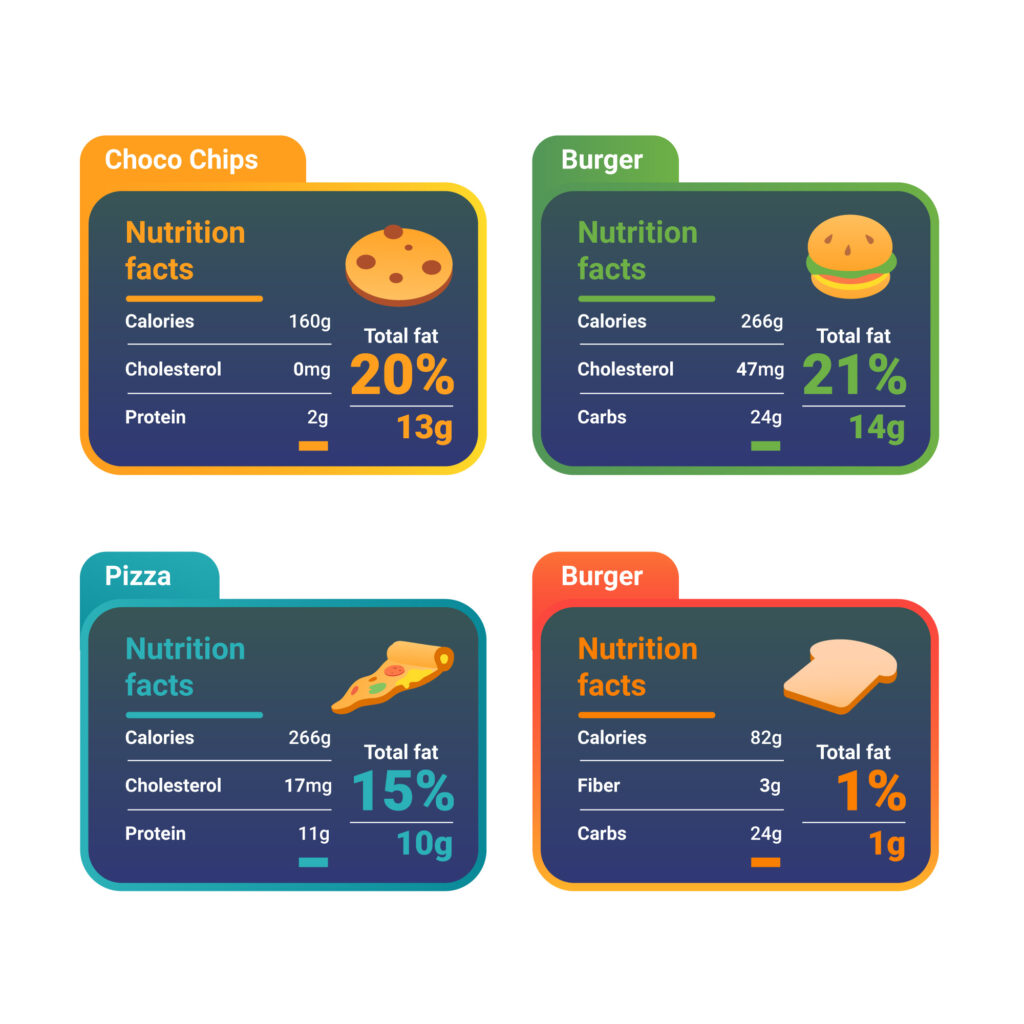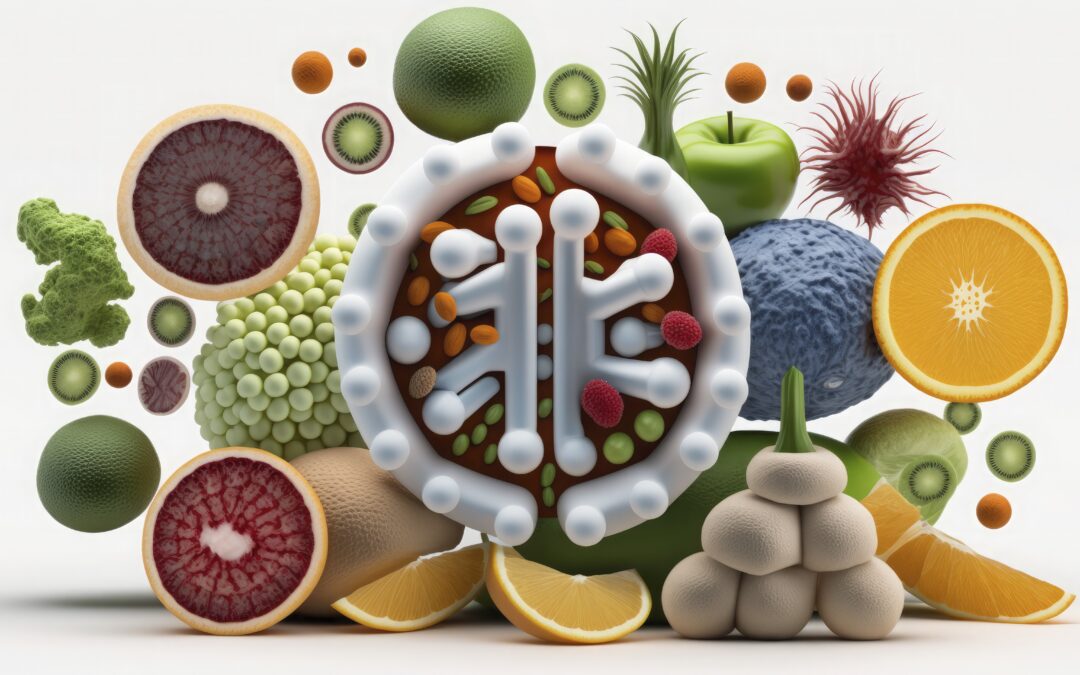Do we have the opportunity to make our food better (in every way)?
Currently, one of the factors directly associated with disease risk and mortality is unhealthy diets. These diets are characterised by low intakes of fruit and vegetables, whole grains, legumes, low in essential fatty acids, low in fibre and a high in sugar, salt, unhealthy fats and additives. These diets and low intakes of essential nutrients are even greater concern to more vulnerable groups, raising the need to embark on a path of change.
As part of the need to make food systems healthier and more sustainable, healthier and more sustainable diets are required in which foods are formulated in a way that is more in line with nutritional recommendations, consumer tastes, more adapted to the limits of the planet´s existing resources, the advancement and availability of technology, all within the framework of existing regulations.

The food industry has become one of the focal points of the global Sustainable Development Agenda due to its contribution to GDP and importance in food security in developed and developing countries. In the implicit need for commitment to the Sustainable Development Goals (SDGs), real efforts need to be made to ensure efficiency in the food industry. As part of this strategy, innovation represents an important resource of competitive advantage for the sector.
According to the World Health Organisation, reformulation is a critical strategy for achieving these SDGs and even more, wso on the premise that these foods should be affordable.
Let´s get on with it!

Reformulation or modification of the composition or processing of foods and beverages is the perfect option to improve them, replacing or eliminating those components that can be potentially critical for our health or increasing those that provide some benefit. Reformulation builds on the foundations of food technology, but needs innovation to take that step from existing foods to those with a more up-to-date and global concept in line with health and sustainability trends.
Thus, innovation in food development is crucial not only in bringing new products to the market, but also in improving and streamlining the food industry´s own processes and in its mission to satisfy consumer needs.
Ideally, in my view, the focus should be on creating products that contribute to a healthy diet within the compelling framework of current and future needs for process efficiency and integrating the use of technologies that facilitate this.
Thus, innovation in food products and reformulation includes improvement from a nutritonal point of view; salt, sugar or fat, to cite some well-known examples, or the incorporation of ingredients that increase their value, such as dietary fibre, vitamins and minerals.
What is the break-event point and what do we need to consider in order to innovate in food reformulation?
First, we must focus on which are the aspects to be reformulated in order to integrate all the above-mentioned factors in this first point. In reality, there are many aspects to take into account, but we are going to pick out some of the most relevant ones:
- Technological aspects: incorporation of ingredients to enrich or reduce the ingredients to improve the nutritional profile, ingredients to generate a functionality inside the product (texture, viscosity, conservation…) and the compatibility on the reformulation with the rest of ingredients, cost of production (ingredients, energy, water) needs of a special packaging, of a new technology.
- Organoleptic considerations: improvement of sensory profile, texture and appearance.
- Market trends: formats, sizes, increased shelf life, specific consumer demand (allergies, intolerances, etc.) demand for sustainability .
- Other aspects: associated costs, impact on the environment, comersialitation vias, applicable regulations, etc.
As we can see, it is no doubt a complex venture to integrate all our desires into a single product.

In any case, and with the clear objective of where we want to go, we must take into account the type or types of ingredientes we are going to use in reformulation, how they are going to affect us from a technological point of view, the legislation that is applied to the product and the parameters related to safety and shelf life, and above all, the sensory acceptance by consumers.
The food industry must focus its efforts in alignment with health strategies and promote foods with a better nutritional profile, as well as being more sustainable and competitive. In this sense, aligning all the points that underpin this change includes the need to innovate in a smart, evidence-based way with healthier, more sustainable and safer foods where the use of technology and the integration of the circular economy are naturally present.
Paving this path between science and the market is CARTIF´s objective, where, from the Food area,we work on the generation of value proposals for the food industry, developing healthy and innovative foods that combine technical feasibility, economic profitability and always in line with consumer demand. In this way, also from theFood area we contribute to sustainable development in favour of a more prosperous society, with what we do best: innovate.
- A better life and a better future; right to foods - 16 October 2024
- Food reformulation; a step forward, that it is possible - 21 May 2024
- World Food Day; with soul of water - 16 October 2023
